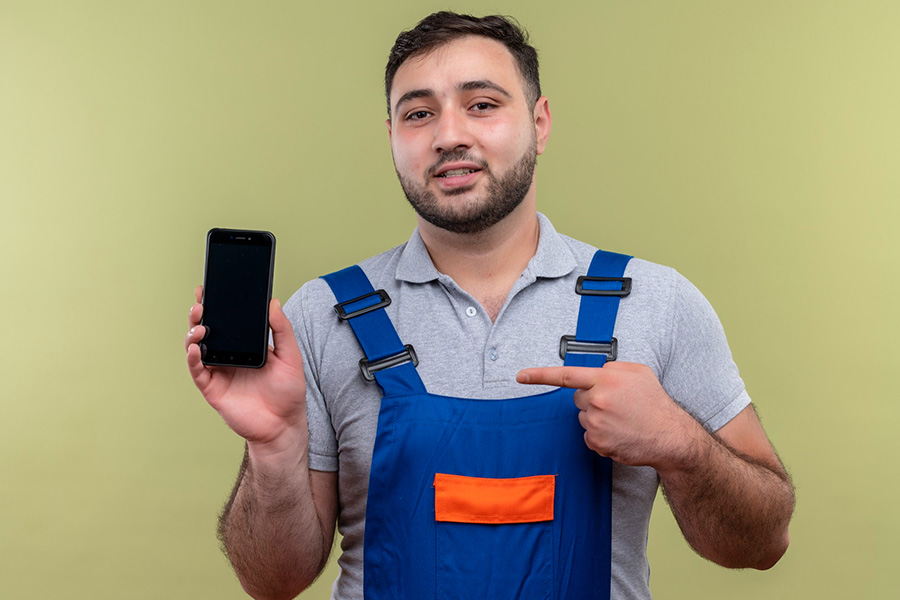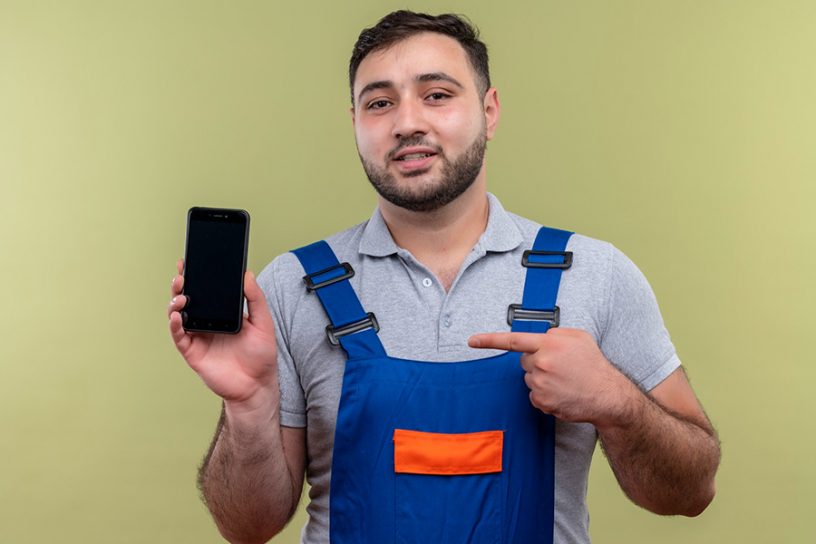
The results indicate that trust in home service application is influenced by utilitarian value and social value, but not by hedonic value.
Authors
Sumedha Chauhan, Professor, Jindal Global Business School, O.P. Jindal Global University, Sonipat, India.
Yuvraj Gajpal, Asper School of Business, Canada.
Bindu Bhardwaj, The Institute of Chartered Accountants of India, India.
Poonam Kumar, Indian Institutute of Management, Sambalpur, India.
Sandeep Goyal, L.M. Thapar School of Management, India.
Xiankai Yang, Asper School of Business, Canada.
Amit Kumar Bhardwaj, Thapar Institute of Engineering and Technology, Dera Bassi, India.
Summary
On-demand home service application (HSA) is a technological advancement that has brought various day-to-day services to our doorstep with just a few clicks. By using consumer-perceived values (utilitarian, hedonic, and social), trust transfer theory, and commitment-trust theory, the present study aims to investigate the factors influencing sharing intention and repurchase intention of consumers towards using HSAs on their mobile phones.
This study involves collecting data from 357 respondents in India and analyzing the same using the SmartPLS 3 software. The results indicate that trust in HSA is influenced by utilitarian value and social value, but not by hedonic value. Trust in HSA results in repurchase intention, commitment, and sharing intention.
Interestingly, trust in the user community affects sharing intention but not repurchase intention and commitment. The study integrates the consumer-perceived value, trust transfer theory, and commitment-trust theory to build an integrative framework that explains the consumers’ sharing and repurchase intentions towards HSAs.
Published in: Journal of Global Information Management (JGIM)
To read the full article, please click here.


